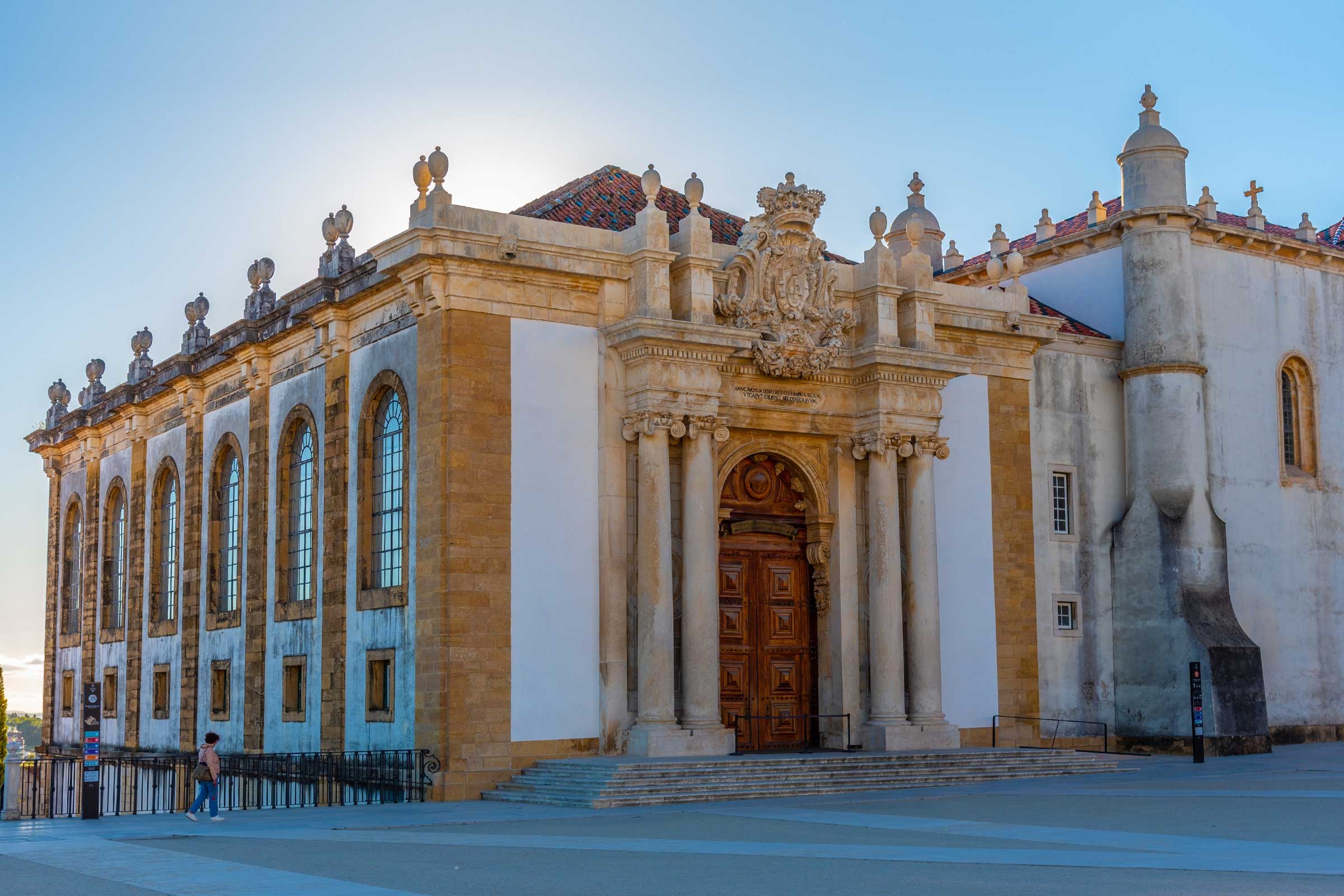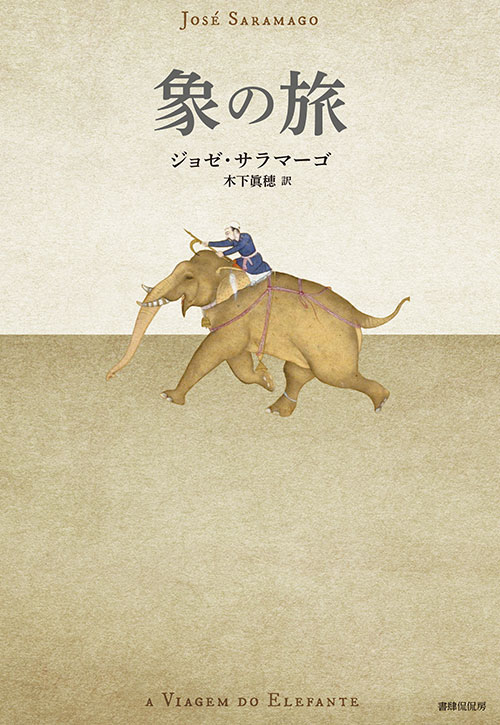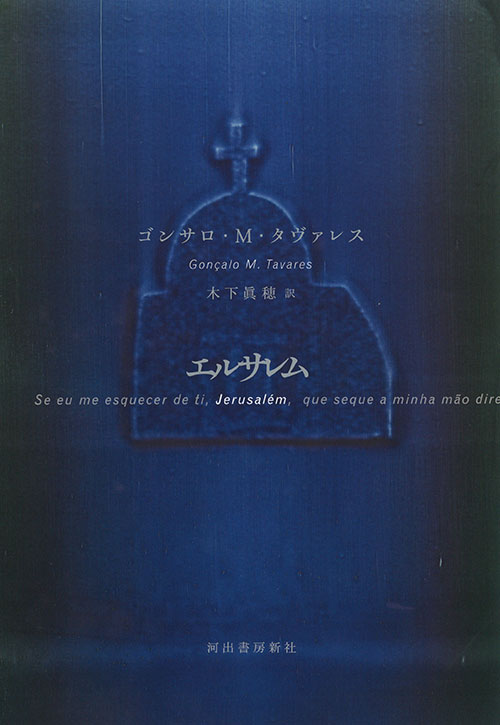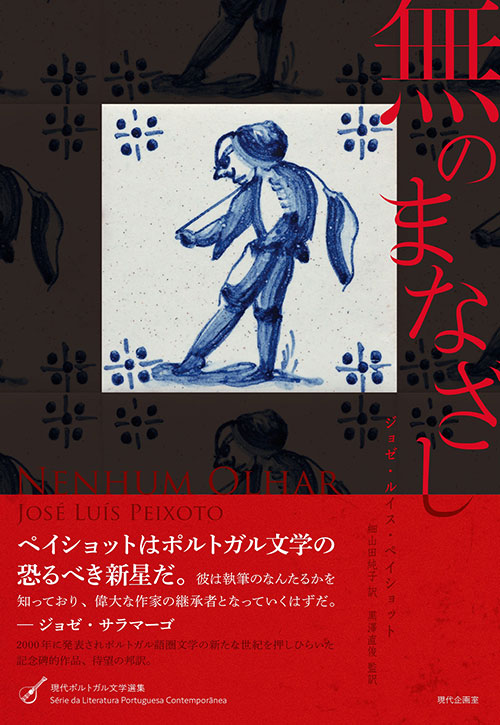
Joanina library at the university of Coimbra, Portugal, exterior
The Feira do Livro do Porto, also known as the Porto Book Fair, is an annual literary event held in Porto, Portugal. It typically takes place in the Parque da Cidade, the city’s largest urban park. The fair usually spans several weeks during the late spring and early summer months and specializes in promoting Portuguese literature and authors, showcasing new publications, and fostering a love for reading. It has been a beloved cultural tradition in Porto for many years, attracting book enthusiasts of all ages.
The Folio International Literary Festival is an annual literary event held in the charming town of Óbidos, Portugal. The festival typically takes place over several days in autumn, with events happening in September or October. Its diverse program of activities, which includes author readings, discussions, music performances, and art exhibitions, has an international focus and brings together writers, poets, and artists from around the world. It is a remarkable platform for exploring literature in various languages, celebrating cultural diversity, and promoting literary exchange.
Correntes d’Ecritas is a literature festival established in 2000 and typically held in February. As one of the most influential and internationally acknowledged literature festivals, it focuses on Portuguese and Spanish languages and is used as forum for Portuguese-speaking authors from Africa, Europe and Latin America. This annual international literary festival is celebrated in the coastal town of Póvoa de Varzim and features author readings, discussions, workshops, and cultural activities, making it a vibrant platform for celebrating literature in different languages.
The Lisbon Book Fair is the biggest and oldest book fair in Portugal, annually held in the large space at Eduardo VII Park, in the centre of the capital. The fair typically spans several weeks during the late spring and early summer. Visitors can expect a wide range of literary events, including book launches, author signings, discussions, and cultural activities. The fair specializes in promoting both Portuguese and international literature, making it a vibrant hub for book lovers. The event has been a tradition in Lisbon for many years, fostering a love for reading and literature in the city.
The José Saramago Prize is a literary prize aiming for the continuity of literature in the Portuguese language and to discover and promote new voices in literature, particularly those writing in Portuguese. The prize is awarded biannually and endowed with 25,000 EUR. It was established in 1998 to celebrate the award of the Nobel Prize for José Saramago. Authors usually submit their works for consideration, and the winner is selected by a panel of judges.
The Jacinto do Prado Coelho Award recognizes achievements in literary essays in Portuguese. It was first awarded in 1984 on an annual basis, to honor the memory of Jacinto do Prado Coelho, a distinguished Portuguese literary critic and scholar. This award is typically presented for outstanding contributions to Portuguese literary criticism and literary studies. It is sponsored by relevant literary and cultural organizations, such as universities or literary associations. The monetary value of the award may vary depending on the organizing entity and year. Eligibility criteria and application details can typically be found through the organizing entity.
Established in 1988 by the Portuguese and Brazilian governments, the Camões Prize is the most important prize for literature in the Portuguese Language. The monetary award is 100,000 EUR, making it one of the most well-endowed literary prizes in the world. The Portuguese Ministry of Culture, through the Directorate-General for Books, Archives and Libraries (DGLAB) and in collaboration with the Bureau for Cultural Strategy, Planning and Assessment (GEPAC), has been responsible for organizing the awarding of the prize on the Portuguese side since its establishment. The Brazilian part is organized by the National Library Foundation of Brazil.
The Literary Award of the PEN Club Portuguese is sponsored by the Directorate-General for Books, Archives and Libraries (DGLAB) for Poetry, Essay, Narrative and Translation. Eligible candidates can be Portuguese or foreign writers, with works in Portuguese or Mirandese. Foreign applicants must be members of the PEN. It is splitted into four categories: Poetry, Essay, Narrative and Translation.
The Literary Award of the PEN Club Portuguese is sponsored by the Directorate-General for Books, Archives and Libraries (DGLAB) for Poetry, Essay, Narrative and Translation. Eligible candidates can be Portuguese or foreign writers, with works in Portuguese or Mirandese. Foreign applicants must be members of the PEN. It is splitted into four categories: Poetry, Essay, Narrative and Translation.
Established in 1986 by the Portuguese Association of Translators, the International Grand Prize of Literary Translation is awarded each year to honor an outstanding literary translation into Portuguese published in the previous year.
The D. Dinis Award was created to recognize individuals who have made important contributions to Portuguese literature, in particular upholding the legacy of King Dinis, who valued language and culture. The D. Diniz Award is typically presented to works that promote the Portuguese language, culture, and historical heritage. The monetary value of the award varies from year to year.
The Dom Luís I Foundation Literary Residencies are awarded exclusively by invitation and allow residents to spend two months in the town of Cascais, providing them with accommodation and a space for creation. Writers from around the world can apply for varying residency durations. This program encourages cross-cultural artistic exploration, often featuring workshops, literary exchanges, and opportunities for collaboration, fostering global literary connections in the scenic landscapes of Portugal.
The residency program in Óbidos welcomes authors from all over the world, allowing them to immerse themselves in a retreat-like environment that fosters relaxation and creativity, while gaining exposure to the city, its history, and identity. Although the writers’ primary purpose in residence is writing, they are encouraged to participate in the community.


